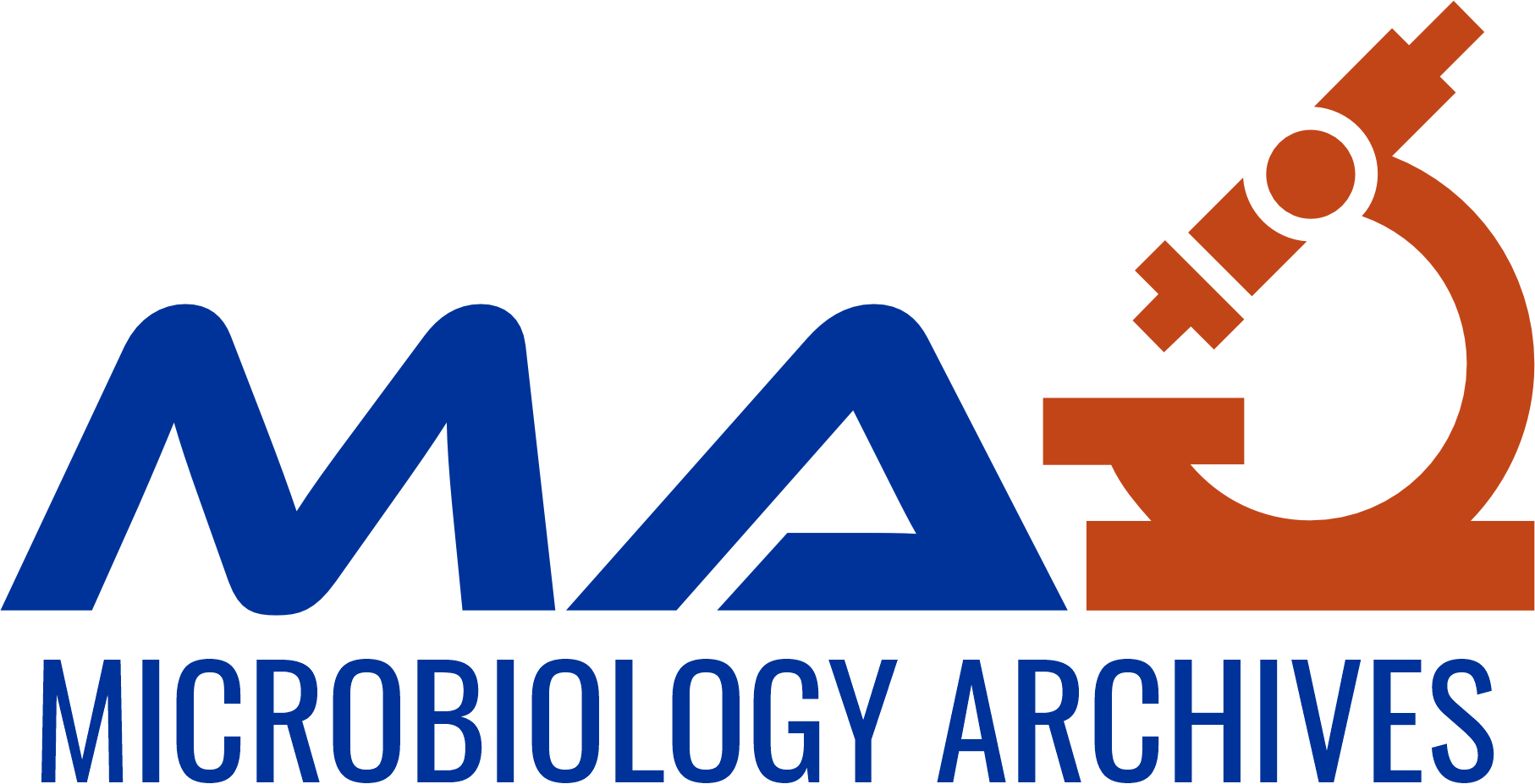Misconduct and Sanctions Policy
Definition of Research Misconduct
Research misconduct refers to unethical behavior in the conduct of research and can take various forms, including but not limited to fabrication, falsification, and plagiarism (commonly referred to as FFP). Fabrication involves making up data or results and recording or reporting them. Falsification is manipulating research materials, equipment, or processes, or changing or omitting data or results in a way that misrepresents the research. Plagiarism is the appropriation of another person’s ideas, processes, results, or words without giving appropriate credit, representing them as one’s own work.
Commitment to Integrity
Microbiology Archives is committed to maintaining the highest standards of integrity in the publication process. The journal expects all authors, reviewers, and editors to conduct themselves ethically and responsibly. Research misconduct not only undermines the credibility of the individuals involved but also damages the reputation of the journal and the scientific community at large. As such, the journal has established clear policies and procedures to address any allegations of misconduct.
Reporting Misconduct
Allegations of research misconduct may be reported by any member of the scientific community, including authors, reviewers, and readers. Microbiology Archives encourages individuals to report suspected misconduct to the editorial office. Reports should include specific details regarding the alleged misconduct, such as the nature of the misconduct, the individuals involved, and any evidence supporting the claim. All reports will be treated confidentially, and the journal will strive to protect the identity of the whistleblower.
Investigation Process
Upon receiving a report of alleged misconduct, the editorial board will initiate an investigation. The process typically involves the following steps:
1. Initial Assessment: The editorial team will conduct a preliminary assessment to determine whether the allegation warrants a full investigation. This assessment may involve reviewing the submitted manuscript, related research, and any relevant documentation.
2. Formal Investigation: If the preliminary assessment indicates that a formal investigation is needed, the editorial board may appoint an independent committee of experts to thoroughly examine the evidence. This committee may include members with relevant expertise who can assess the validity of the claims.
3. Communication: During the investigation, the journal will communicate with the individuals involved, providing them an opportunity to respond to the allegations. The accused party will be given the chance to present their case and provide any necessary evidence or clarification.
Sanctions
If the investigation confirms that research misconduct has occurred, Microbiology Archives may impose various sanctions, which could include:
Rejection of the Manuscript: If misconduct is discovered during the review process, the manuscript may be rejected outright.
Retracting Published Articles: If a published article is found to contain fabricated data, falsified results, or plagiarized content, the journal will issue a formal retraction. This retraction will be clearly documented in the journal and accessible to readers.
Banning from Future Submissions: Individuals found guilty of significant misconduct may be banned from submitting future manuscripts to Microbiology Archives for a specified period or indefinitely, depending on the severity of the misconduct.
Notification of Institutions: In cases of severe misconduct, the journal may inform the affiliated institutions of the individuals involved, particularly if the misconduct violates institutional or legal guidelines.
Transparency and Documentation
Microbiology Archives is committed to maintaining transparency throughout the investigation process. All allegations, investigations, and outcomes will be documented thoroughly, and decisions regarding misconduct will be communicated clearly. The journal will also provide information on its website regarding its misconduct and sanctions policy to inform authors, reviewers, and readers about its commitment to research integrity, the misconduct and sanctions policy of Microbiology Archives underscores the journal’s dedication to upholding ethical standards in scientific research. By establishing a clear framework for reporting and investigating allegations of misconduct, the journal aims to protect the integrity of the publication process and foster a culture of honesty and accountability within the scientific community. This commitment ensures that published research is reliable, trustworthy, and contributes positively to the field of microbiology.
If an article is found to violate our ethical publishing guidelines, it will be rejected.
Actions During the Review Process
If an article has been provisionally accepted and is in the ‘Online First’ stage, it will be removed from the website, and a withdrawal notice will be posted. If authors fail to respond to journal communications after review and provisional acceptance, this will also be considered a withdrawal of the article.
The journal uses creative commons’ Attribution-NonCommercial-ShareAlike 3.0 Unported (CC BY-NC-SA 3.0) license.
Actions Post-Publication
For articles already published, if misconduct is confirmed, the article will be retracted immediately in accordance with the COPE (Committee on Publication Ethics) Retraction Guidelines.
We adhere to COPE flowcharts for handling instances of misconduct. For more information, please visit [COPE Flowcharts](https://publicationethics.org/guidance/Flowcharts).
Sanctions
Depending on the severity of the misconduct, the following actions may be taken:
A ban on submissions for 1–3 years.
Prohibition from serving as an editor or reviewer.
Reporting the misconduct to the authors’ institutions, employers, and funding agencies.
Minor unintentional errors may be corrected through a corrigendum, while errors made by the publisher will be addressed with an erratum.
Join us in our efforts to shape a sustainable future through research and innovation.








